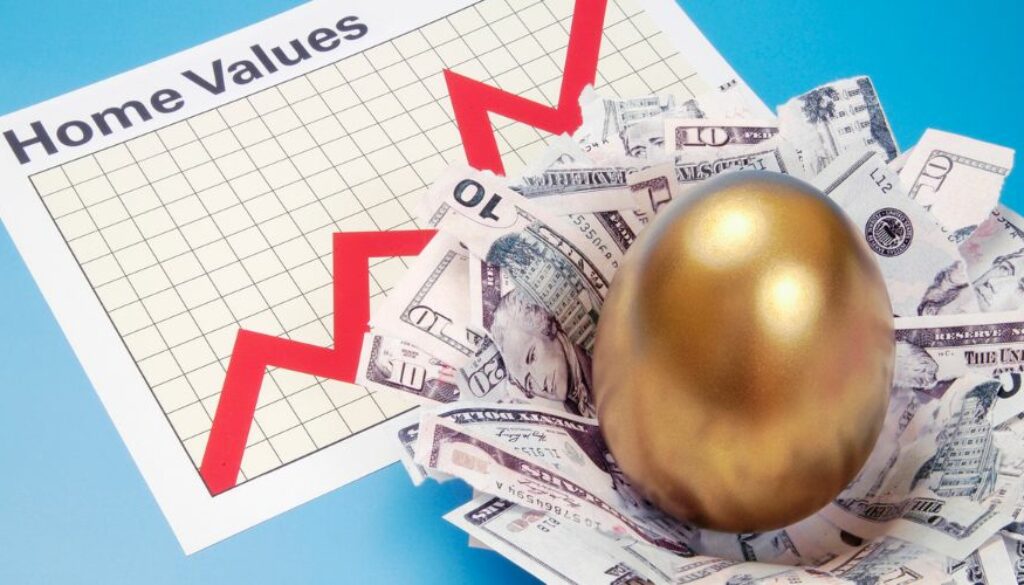How To Determine Home Value
How To Determine Home Value – A house is worth whatever someone will pay for it. The long answer depends on the market and whether you’re asking a lender, an agent, or a county tax assessor. Knowing how to calculate your home’s value with the help of online tools and trained professionals better prepares you to buy, sell, refinance, tap into your home’s equity or even negotiate lower property taxes.
How To Determine Home Value
Using online valuation tools
You can use public records like property transfers, deeds of ownership, and tax assessments along with some mathematical modeling, these tools try to predict your home’s value based on recent sales and listing prices in the area.
Get a comparative market analysis
When you’re ready to dive deeper into your home value, you can ask a local real estate agent for a comparative market analysis or CMA. Though not as detailed as a professional appraisal, a CMA provides an agent’s evaluation of the home and market to provide an estimate of value, typically for listing purposes. Local real estate agents may provide a CMA for little or no cost, but be aware: They may do so with hopes of being hired as your selling agent.
Hire a professional appraiser
Lenders require a home appraisal before they’ll approve a mortgage, but as a property owner, you can hire an appraiser to estimate the home value at any time. Most U.S. homeowners determined their home’s value through an appraisal, according to the survey.
Among other things, appraisers evaluate:
- Market: The region, city and neighborhood in which a home is located.
- Property: Characteristics of the house, including improvements and the land it sits on.
- Comparable properties: Sales, listings, vacancies, cost, depreciation and other factors for similar houses in the same market.
This information is combined to create a final opinion of value for the home and delivered in an official report.
Evaluate comparable properties
Pulling comps is one way to determine market value without paying an appraiser, but use good judgment. To choose accurate comps, you must employ an apples-to-apples approach. Think about which properties would interest a buyer if yours weren’t available. Look for similar sizes, locations, conditions, and upgrades.
Once you’ve chosen comparable properties, things get a little tricky. You’ll need to adjust for differences between your house and the comps, such as adding value to the comp price if it has more bedrooms than your house or subtracting value if its interior is outdated, for example. How much you add or subtract depends on conditions in your market, which can vary widely. After adjusting values, look at your highest and lowest comps. A rough estimate of your home value is somewhere in the middle.
Why home value is important
Knowing your home’s value allows you to evaluate what you can afford, determine whether a listing is priced appropriately, and decide how to price your own home.
For more information on your How To Determine Home Value or how to assess the value of a property you are interested in, contact us!
More Valuable Advice for Homeowners Looking to Sell
- 9 Simple Tips to the Home Selling Process
- 10 Ways Homeowners ‘Trick’ Buyers in the Inspection
- What to know about the first year of homeownership
- The Importance of a Home Warranty
- Choosing What Spring Cleaning Tasks to Tackle
- 8 Creative Ways to Meet the New Neighbors
- Tips for Handling Humidity and Moisture in a Home




